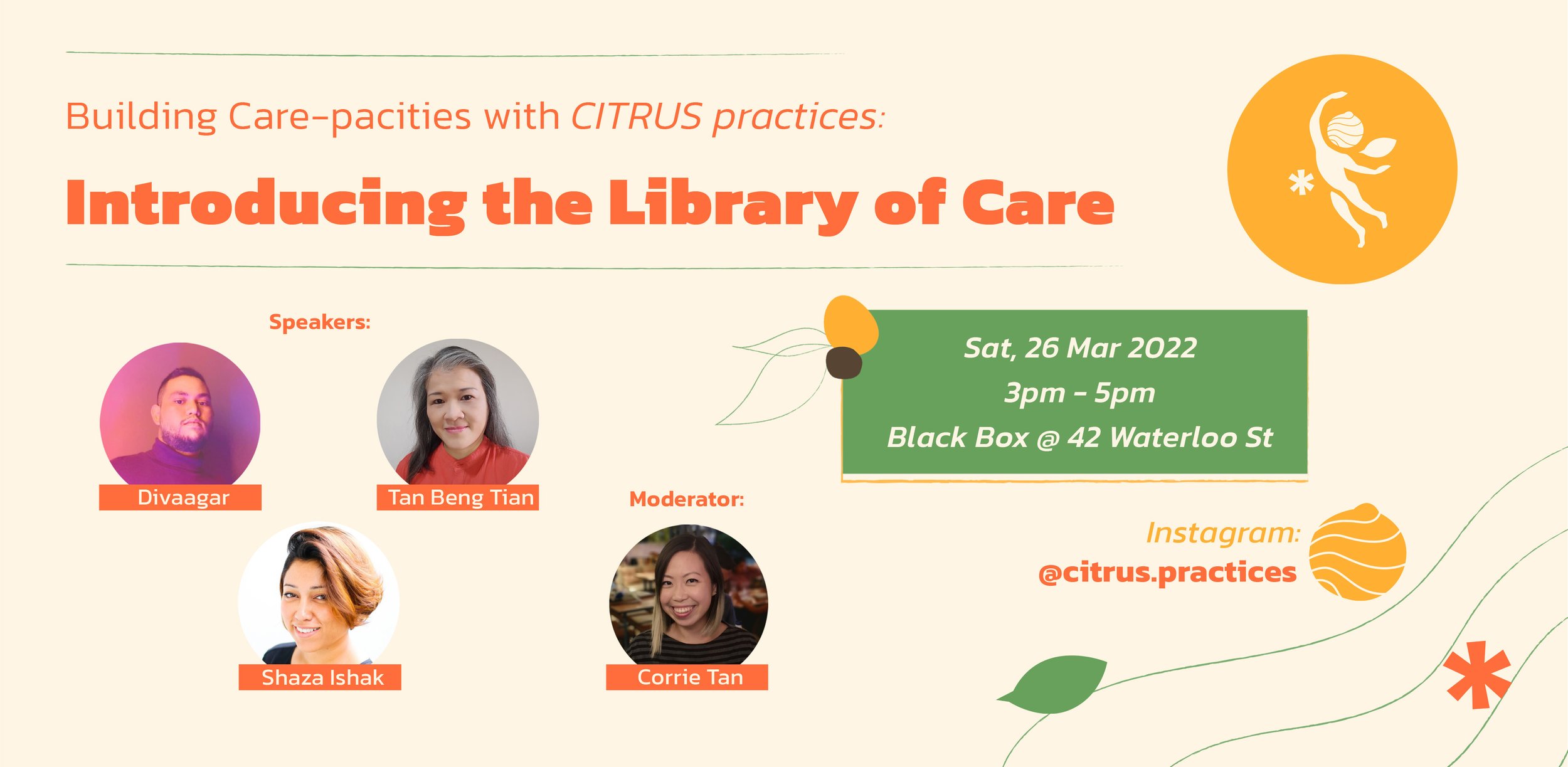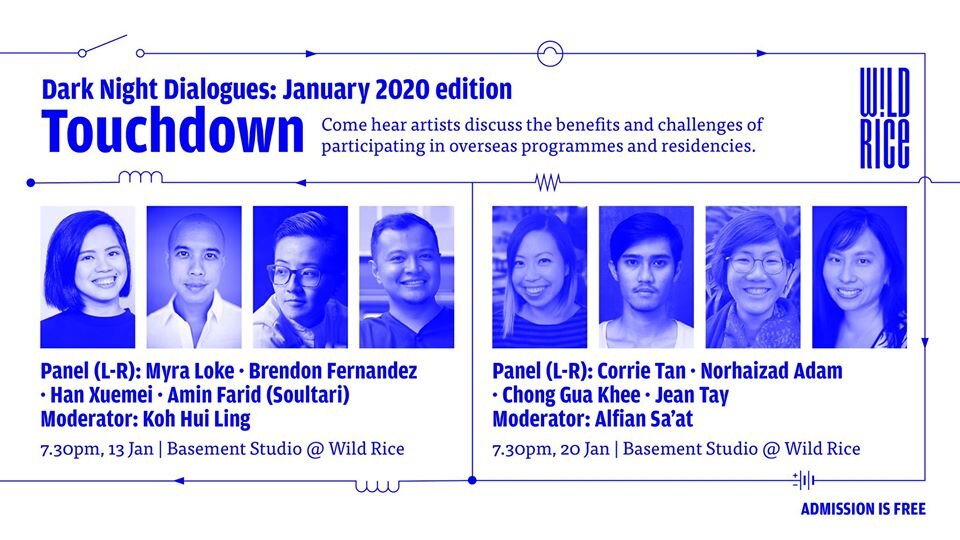Symposium: 'On Criticism'
Friday 23 November 2018
Royal Central School of Drama and Speech, University of London
Hosted by Royal Holloway's Platform Journal
The cry of criticism in crisis has recently gained a new momentum. In the early 2000s, writers like Noël Caroll, Rónán McDonald, and James Elkins attempted to capture the climate of literary criticism. In his book What Happened to Art Criticism (2003) the critic and art historian Elkins wrote about the tension that operates between a mode of descriptive reviewing, on the one hand, and of critical evaluation on the other. He claimed that 'descriptive criticism begs the question of what criticism is by making it appear that there is no question' (p. 42). He made this statement before the mushrooming of online publishing began to democratise the field of art criticism, while simultaneously expanding it due to the increasing numbers of art writing finding a way to being (self)published.
Yet, these developments might only have increased the tension between these modes of criticism (for example, see Duška Radosavljević's edited volume Theatre Criticism: Changing Landscapes, 2016). Simultaneously, Gavin Butt's 2004 edited volume After Criticism: New Responses to Art and Performance (2004), which demonstrates a more performative approach to criticism, as well as the June 2018 issue of the bilingual journal Texte zurKunst (germ./eng.), are two of the most prominent attempts in the recent period to evaluate, critique, and bring art and performance criticism closer together.
At a time when performance (art) increasingly operates inside and outside of the economies and theories of theatres and art galleries, the question of how to critique performance becomes pressing. Drawing on Butt's, Radosavljević's, and Texte zur Kunst's invitations and cautions, the symposium aims to evaluate how theatre, art, and dance criticism can join forces to e/affectively critique live performances in the age of digital network publishing. The symposium, as well as the spring issue of Platform Vol. 13 No. 1, pose questions about the expectations, possibilities, and challenges that writers on theatre, dance, performance art, and art in general face today. What do academics, critics, and reviewers pay attention to when they write? With whom do they collaborate? Whom are they addressing in their writing? To what extent is their critical work financially remunerated? How does their writing achieve a balance between providing details of artistic productions and their socio-political, economic, historical, and theoretical contextualisation? And should they (rather not) make it crystal clear whether they like a performance?
Come and join us for an exciting day of panels, performances, presentations, and discussions!
Symposium Schedule:
09:30 - 09:45 Registration
09:45 - 10:00 Opening Remarks
10:00 - 11:30 Panel 1 & Panel 2
Panel 1 - Class, Criticism, and Accountability
Zofia Cielatkowska (Independent Scholar): Who Can Afford To Be An Art Critic?
Aimee Oh (Independent Scholar): Barthes on the End of Bourgeois Writing: Écriture Blanche, Robbe-Grillet, and Narrative Point of View
Charlotte Young (Queen Mary University): ‘If You Build It, They Will Come’: Renzo Martens and the Institute for Human Activities
Simultaneously
Panel 2 - Criticism and Institutional Tragedy
Tom Sojer (Karl-Franzens-University of Graz/Erfurt): Saving Democracy: Simone Weil's Theatre Criticism
Alessandro Simari (Queen Mary University): The Italian Theatre is Dead, Long Live the Italian Theatre
Christian Hartwig Steinau (Ludwig-Maximilians-Universität München): The Case of the Münchner Kammerspiele
11:30 - 12:00 Coffee Break
11:45 - 12:00 Critical Intervention from Megan Vaughan (Royal Holloway)
12:00 - 13:30 Panel 3 & Panel 4
Panel 3 - Care and Vulnerability in Criticism
Michal Norton (Independent Scholar): The Vulnerable Critic: Exploring New Structures of Criticism and Selection in the Arts
Harriet Plewis (Northumbria University): Reparative Criticism
Corrie Tan (National University of Singapore/King's College London): Embedding/Dwelling: Writing Intimately about the Labour of Performance
Simultaneously
Panel 4 - Bodily Virtuosity and Critical Expertise
Katharine Kavanagh (Cardiff University): The Opportunity in the Abyss: Growing a Critical Culture of Circus
Julia Delaney and Rosie Gerhard (Royal Academy of Dance): Capturing the Sylph: How Dance Critics Bring Ballerinas to Life in their Writing
Josephine Leask (Royal Central School of Speech and Drama): Messing with Convention: Surrendering Authority and Feminist Dilemmas in My Dance Review
13:30 - 14:30 Lunch
14:30 - 15:30 Keynote by Prof Sabeth Buchmann:
Feedback as the Inside of the Outside of Critique or: Performance in the Evaluation Society
15:30- 16.00: Response from Dr Duška Radosavljević and Questions
16:00 - 16:15 Coffee Break
16:15 - 17.45 Panel 5 - Critical Currents
Hannah Greenstreet (Oxford University): Performing Feminist Theatre Criticism: RashDash’s Three Sisters: After Chekhov
Andrea Liu (Goldsmiths University): Performing the Feed: Durational Performativity and the Live Feed
Heidi Liedke (Queen Mary University): Quasi-Experts and the Paradocumentational Brim in the Context of Live Theatre Broadcasting
17.45 - 18.00 Break
18:00 - 19:15 Round Table with Hetain Patel and Sanjoy Roy and Dr Diana Damian Martin (please book separately: https://bit.ly/2ESKzYb)
Followed by a Wine Reception
Platform is a Royal Holloway-based refereed journal that has been devoted to publishing the work of postgraduates, postdoctoral researchers, and entry-level academics in the fields of theatre and the performing arts for more than a decade. Platform, as the name suggests, works to provide a space for postgraduate researchers and entry-level academics to have their work circulated through online publication. The journal comes out of Royal Holloway. It operates a peer and academic review system to ensure that contributors not only have the opportunity to publicise their research, but also receive valuable feedback. Platform is published twice a year, with each edition following a broad theme, making it possible for diverse research interests to be covered in each volume.
(This event is sold out, but you can join the waitlist here.)









